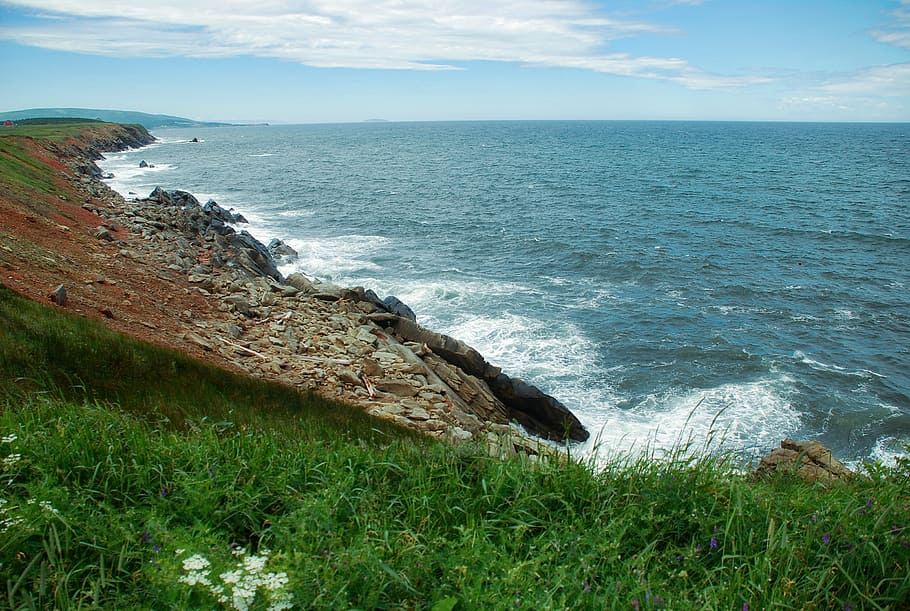The Minister of Fisheries, Oceans and the Canadian Coast Guard, Bernadette Jordan, announced that the Government of Canada is investing $1.2 million to support the development of a web-based scientific data management system for integrating and sharing ocean science data.
The project, led by the St. Lawrence Global Observatory (SLGO), will organize, standardize, manage, and disseminate data from coastal environmental baseline projects conducted by Canadian organizations. The Observatory will work closely with 39 partners from British Columbia, Quebec, New Brunswick, Nunavut, and Newfoundland and Labrador. The data to be collected from all three coasts will come from projects in six environments that are likely to be affected by increasing vessel traffic. This initiative will establish data management standards that will be useful to Canada’s marine science community.
“Science is at the foundation of every decision we make at DFO. If we are to succeed in protecting 25 per cent of Canada’s oceans by 2025, we must have access to the very best science and research,” said Jordan. “That’s exactly why we are proud to fund this important project led by the St. Lawrence Global Observatory. It will increase our understanding of Canada’s coastal ecosystems and empower our government to take informed and effective action as we work to protect our oceans for generations to come.”
This project is part of the $50.8 million Coastal Environmental Baseline Program established under the Oceans Protection Plan. The Program supports advancing coastal data collection initiatives and relies on collaboration between Fisheries and Oceans Canada scientists, Indigenous and coastal communities, non-governmental organizations, academia and other local partners. Participating groups are gathering wide-ranging scientific data that will help characterize Canada’s coastal environment.
“The SLGO team is pleased to take part in this major project and to accompany all these partners towards a better management of their data. Making the data standardized and available to all will promote the reuse of a very large number of these data for a better understanding of marine ecosystems for the benefit of future generations,” said Andréane Bastien, Director General of the St. Lawrence Global Observatory.
Collecting baseline data is crucial to our understanding of marine ecosystems and our capacity to protect species and their marine habitats for future generations. The data may also be used to inform decisions that impact sensitive marine environments.
The Coastal Environmental Baseline Program is one of many actions the Government of Canada is taking to safeguard our coasts and waterways under the $1.5 billion Oceans Protection Plan.
The Oceans Protection Plan is the largest investment ever made to protect Canada’s oceans and waterways for future generations.
The St. Lawrence Global Observatory mission promotes the accessibility and sharing of quality data and information on ocean ecosystems. Created in 2005 by a group of federal and provincial government organizations, as well as academic and community organizations, it is the first integrated ocean observing system in Canada.









